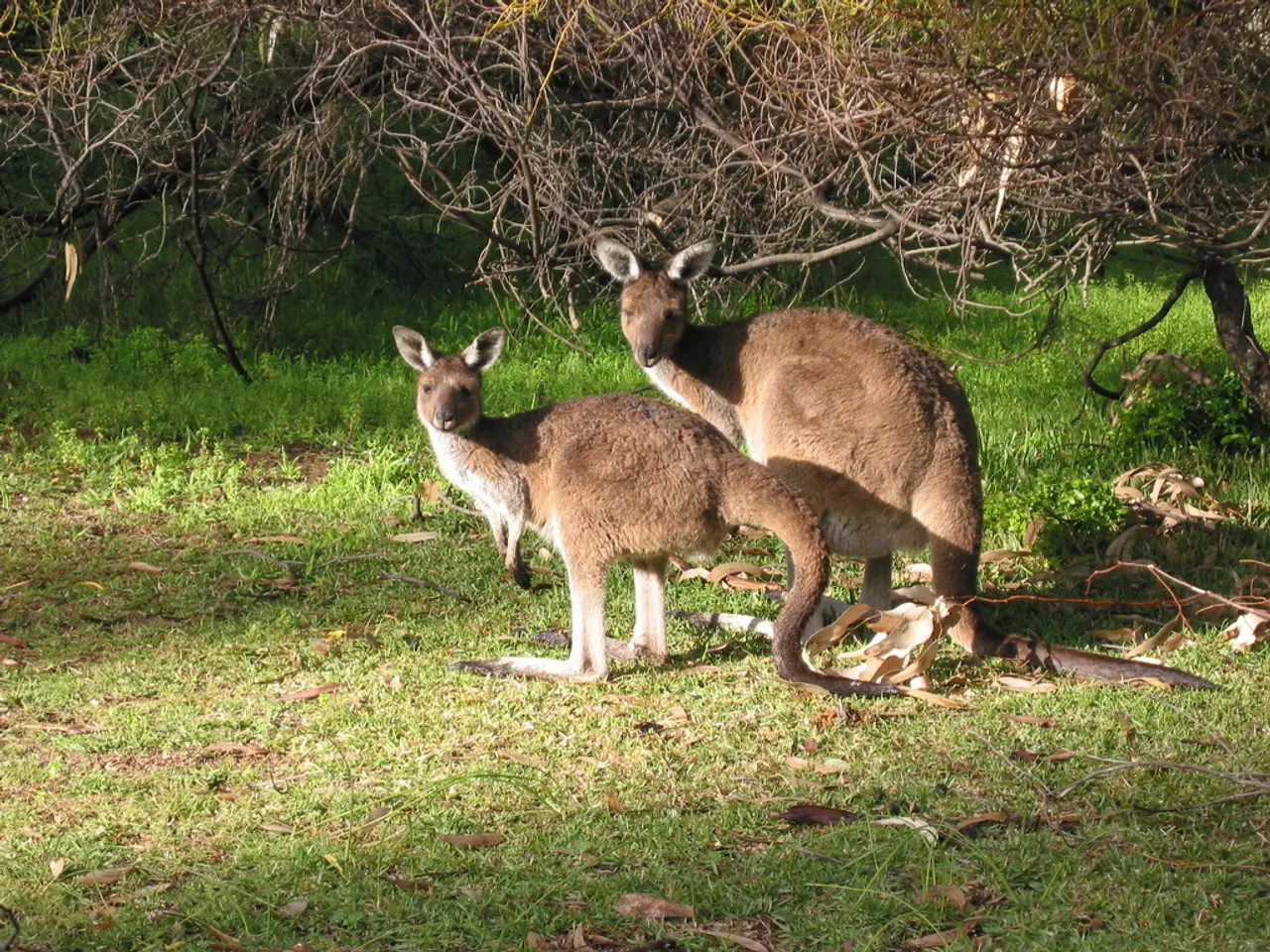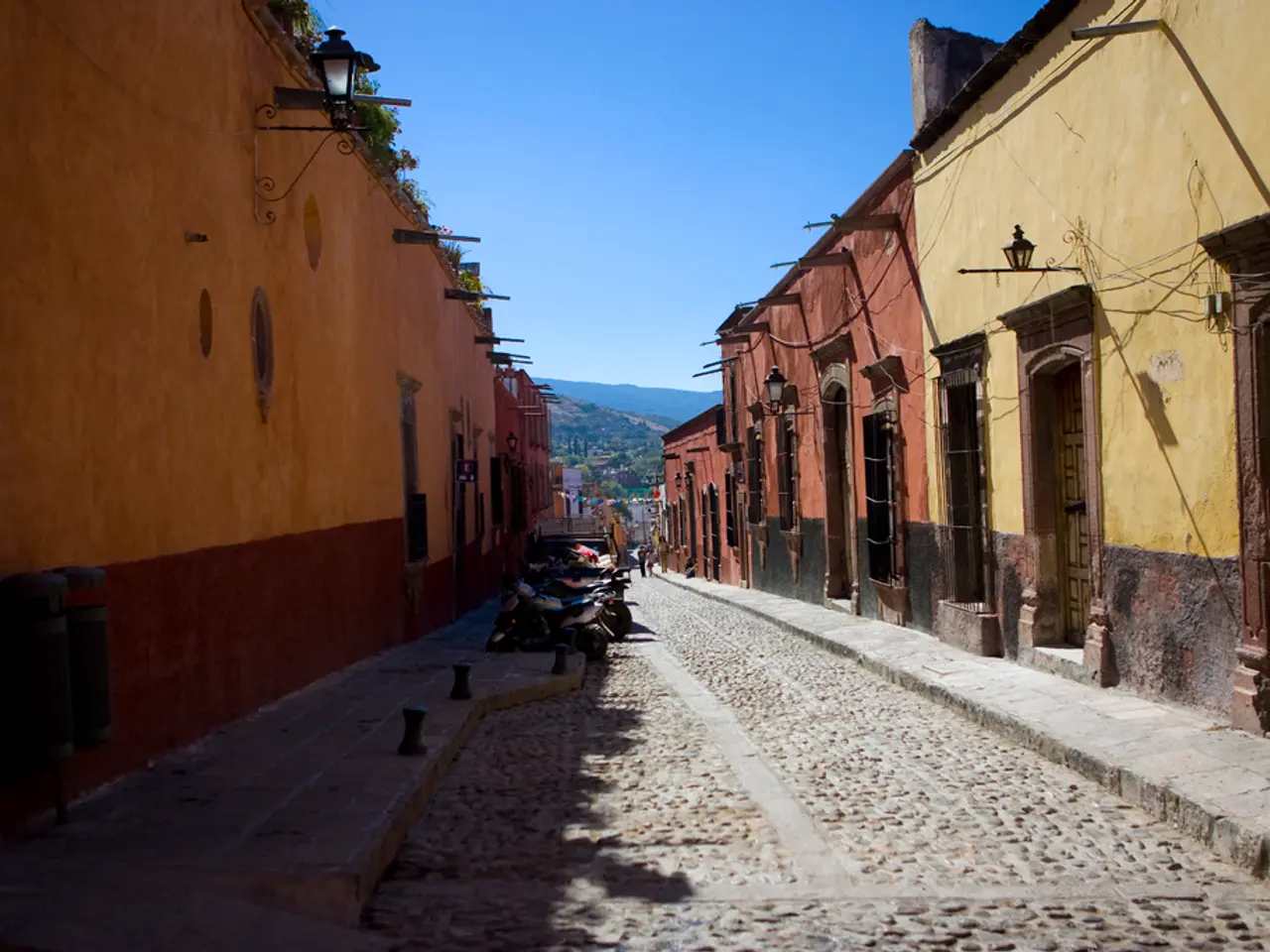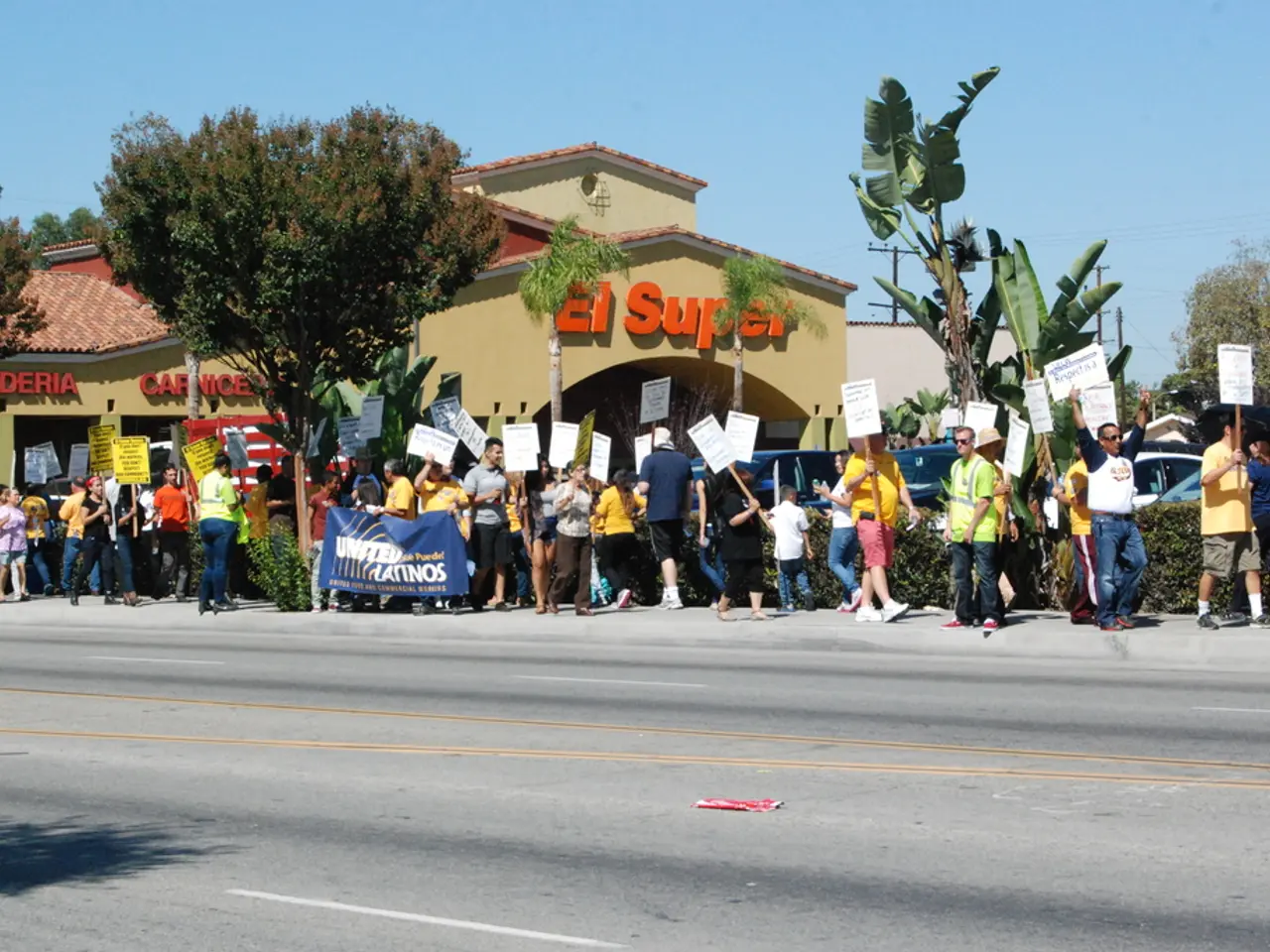Thailand and Cambodia Reach Consensus for Dialogue in Malaysia Following Four Days of Border Conflict
The ceasefire negotiations between Thailand and Cambodia, scheduled to take place in Putrajaya, Malaysia on Monday, July 28, are shrouded in uncertainty as both nations grapple with a long-standing territorial dispute.
The hostilities stem from undemarcated border areas linked to historical claims dating back to the 1907 Franco-Siamese treaty. Over the past four days, the conflict has escalated, resulting in at least 35 lives lost and displacing more than 200,000 people from both sides of the 817 km border.
Cambodia's primary goal is securing an immediate ceasefire, as advocated by U.S. President Donald Trump. However, Thailand has voiced public scepticism about Cambodia's sincerity and accused it of endangering civilians and violating international laws.
The ceasefire negotiations were welcomed internationally as a positive step by ASEAN, the United Nations, and key mediators such as Malaysia’s Prime Minister Anwar Ibrahim, who facilitated talks between the sides. Despite this, fighting has caused significant casualties—over 33 dead—and displaced more than 168,000 people on both sides, primarily civilians.
Reports indicate that the ceasefire has been repeatedly violated by Cambodian forces, with renewed clashes occurring on July 29 and 30. The Thai Army affirms it has adhered to the ceasefire but accuses Cambodian forces of firing small arms and mortars across the border, compelling Thailand to conduct self-defensive retaliations.
Cambodia has called for third-party mediation via the International Court of Justice, a move that Thailand refuses to recognize. The ICJ's 1962 ruling awarded Preah Vihear Temple to Cambodia, yet flared nationalist sentiment and conflicting interpretations have repeatedly ignited violence over sacred heritage sites in recent years.
As the situation remains fragile, international actors including the UN and the US expect both parties to fully respect the ceasefire commitments and create conditions for lasting peace. However, given the continued reported ceasefire violations and persistent hostility on the ground, the risk of escalations remains high.
The situation is being closely monitored by ASEAN and the UN, which have expressed readiness to support peaceful resolution efforts. The outcome of the diplomatic effort hinges on overcoming mistrust, clarifying territorial claims, and balancing national pride with regional stability in one of Southeast Asia's most sensitive flashpoints.
| Aspect | Status as of Late July 2025 | |-----------------------------|-------------------------------------------------------| | Ceasefire Agreement | Declared effective on 28 July 2025; welcomed by ASEAN and UN | | Observance | Thailand claims adherence; Cambodia accused of violations involving small arms and mortars[1] | | Fighting & Casualties | Ongoing violence since July 29-30 with reported deaths exceeding 33 and large-scale displacement[2][4] | | Diplomatic Moves | Recall of ambassadors, border closure by Thailand[2] | | International Mediation | Malaysia leading ASEAN efforts; UN and US supportive of ceasefire[3][4] | | Outlook | Fragile ceasefire with risks of renewed hostilities; international calls for full compliance and dialogue[4] |
The ceasefire negotiations are being co-organized by the United States and supported by China. Malaysia's acceptance as a neutral mediator, along with U.S. and Chinese involvement, underscores the call for broader regional and international coordination. Civilian groups and displaced individuals are urging swift dialogue, emphasizing restoration of daily life and humanitarian assistance without further delay.
- The ceasefire negotiations in Southeast Asia, involving Thailand and Cambodia, are being co-organized by the United States and supported by China.
- The ongoing war-and-conflicts between these two nations have caused numerous casualties and displaced hundreds of thousands of people, making general-news headlines around the world.
- ASEAN, the United Nations, and key mediators such as Malaysia’s Prime Minister Anwar Ibrahim, are urging both parties to fully respect the ceasefire commitments and create conditions for lasting peace in the region.








